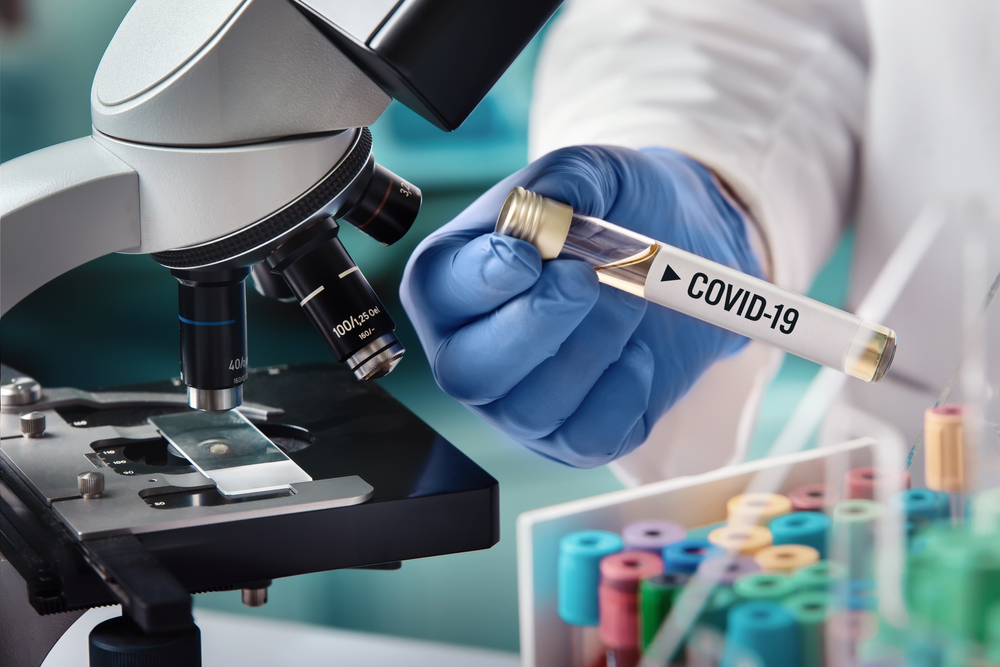Individuals 50 years old or older and those who are immunocompromised have been able to receive a second booster dose with the U.S. Food and Drug Administration’s (FDA) approval of a second COVID-19 vaccine booster.
Federal regulators announced they approved the second booster on March 29 and the New Jersey Department of Health quickly followed in its next phase of booster doses.
“The Princeton Department of Health began deploying second booster doses on March 30, the day of approval by the New Jersey Department of Health and Senior Services,” said Jeff Grosser, Princeton’s deputy administrator and director of Health. “Second booster doses are available at all Princeton Department of Health clinics. Our public health nursing staff has also been out visiting eligible homebound residents.”
Grosser expressed that the percentage of eligible Princeton individuals who have received first boosters is encouraging.
“Princeton’s vaccination rates across the board have been higher than average and continue to trend in that direction,” he said. “All efforts are being made to vaccinate all eligible individuals who desire a booster, with emphasis on the highest risk individuals.”
According to the department, 68% of those age 12 and older with booster eligibility in Princeton have received a booster as of April 12.
The breakdown is: 46% have received a booster for ages 12-15, 57% for those ages 16-17, 55% of Princeton individuals whose ages range from 18-29, 63% for adults ages 30-49, 75% for Princeton residents age 50-64, 87% of residents ranging from age 65-79, and 89% of those 80 and older have received a booster.
“Demand for first boosters was high and has decreased over time as the number of eligible individuals in need diminishes. A similar pattern is expected for second boosters as well,” Grosser said. “Demand has also been impacted by a wider variety of options to receive vaccines, such as pharmacies and physicians’ offices.”
He added that second boosters are recommended for any individual who is over 50 years of age and at least four months have passed since the first booster.
“COVID-19 vaccines remain effective in preventing severe disease and recent data suggests their effectiveness at preventing infection or severe illness wanes over time, especially in people age 65 years and older,” Grosser said. “Immunocompromised individuals under the age of 50 must consult their medical provider to discuss booster options and timing.”
According to the health department, as of April 4, there have been 53 COVID-19 cases in the seven days leading up to April 4 and 80 positive cases 14 days lead up to April 4.
“The Princeton Health Department is monitoring the Omicron BA.2 variant as it presents. The increase in transmission and resistance to vaccine is a concern, but thus far BA.2 has presented as a milder infection with less severe outcomes for individuals infected,” Grosser said. “This has helped keep beds available in hospitals for any severe cases, which is beneficial.”
He added that the health department remains vigilant in case tracking, outbreak investigation, and provision of vaccinations to stem transmission and put individuals in the best possible position if an infection occurs.
“At this point, our transmission levels have increased from where we were about a month ago (averaging about two cases/day) to what we are seeing now at about six cases per day,” Grosser said.

